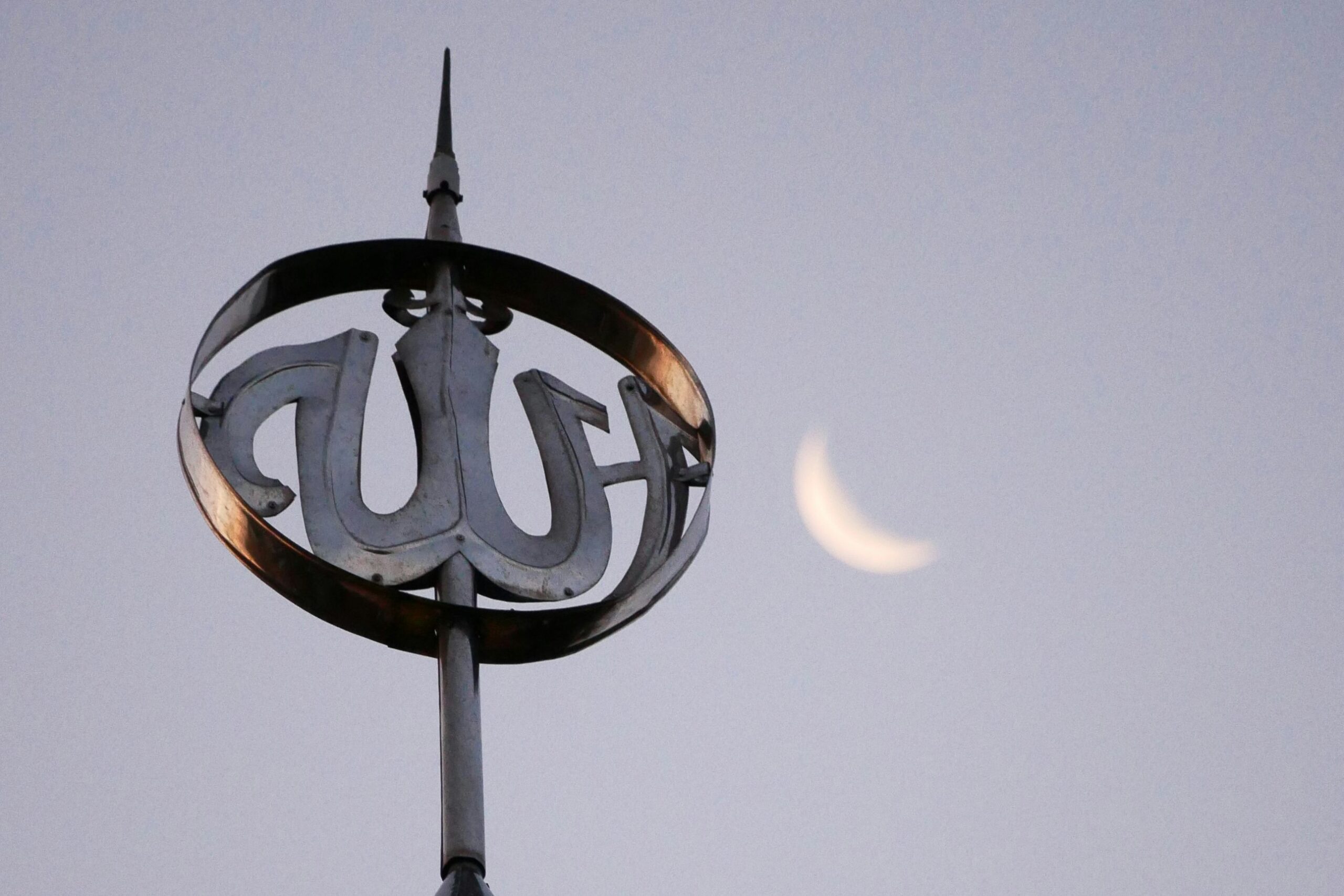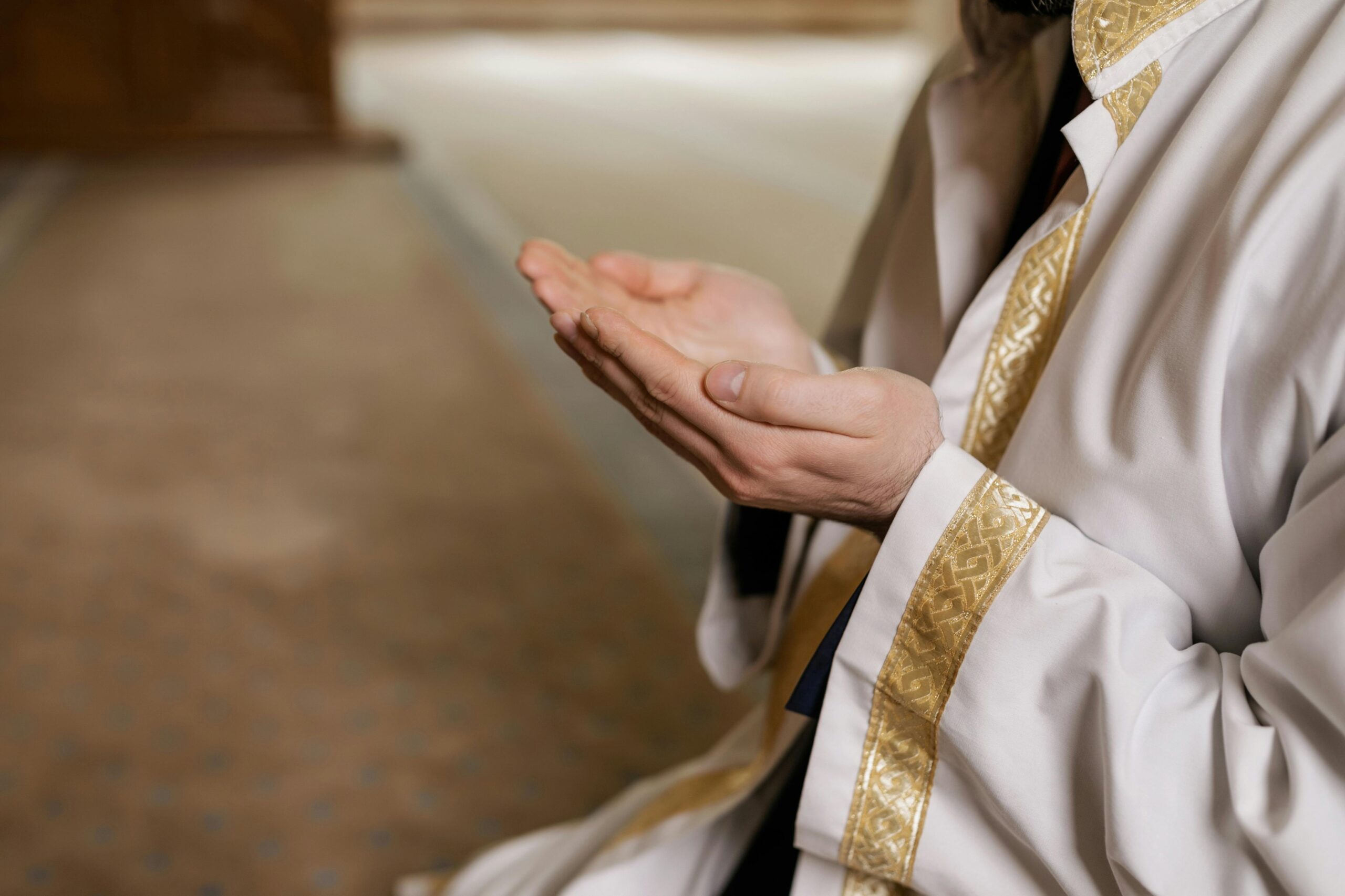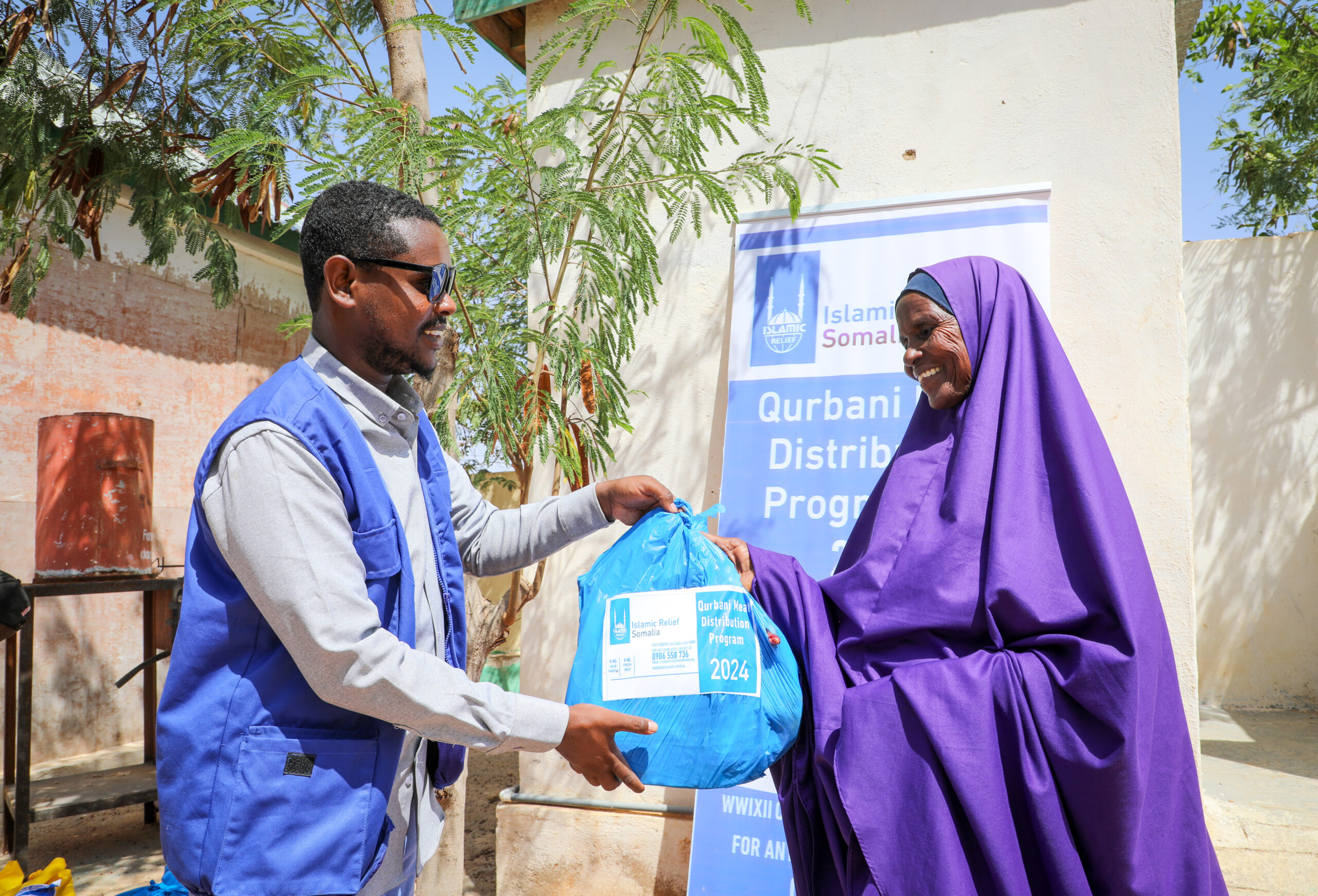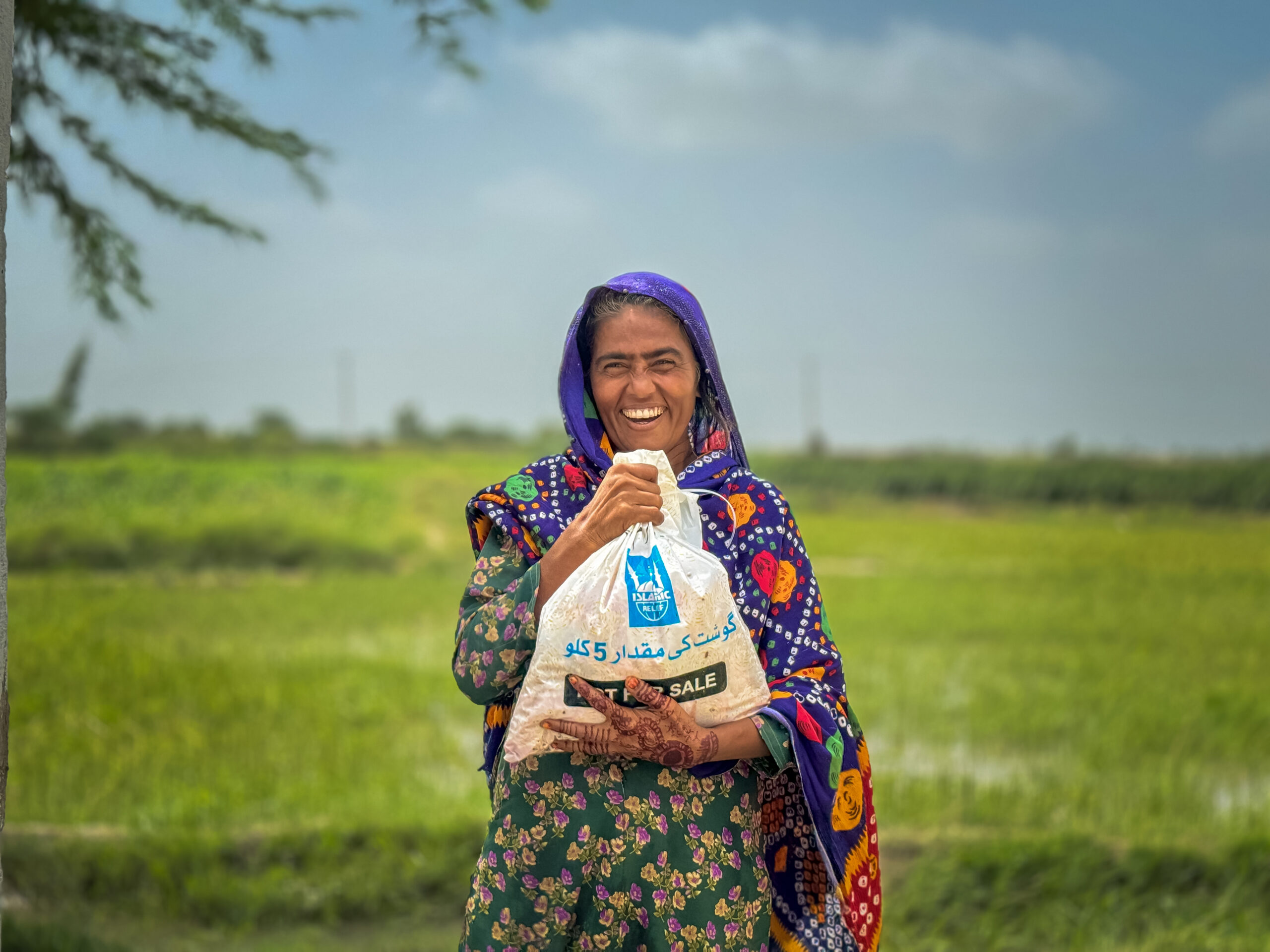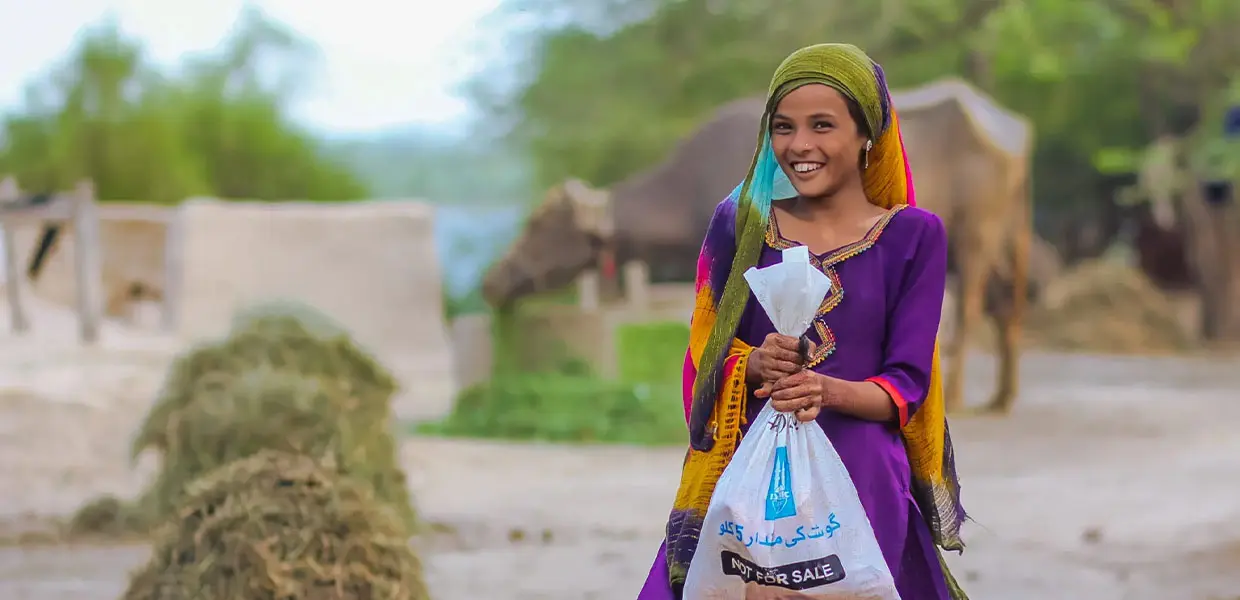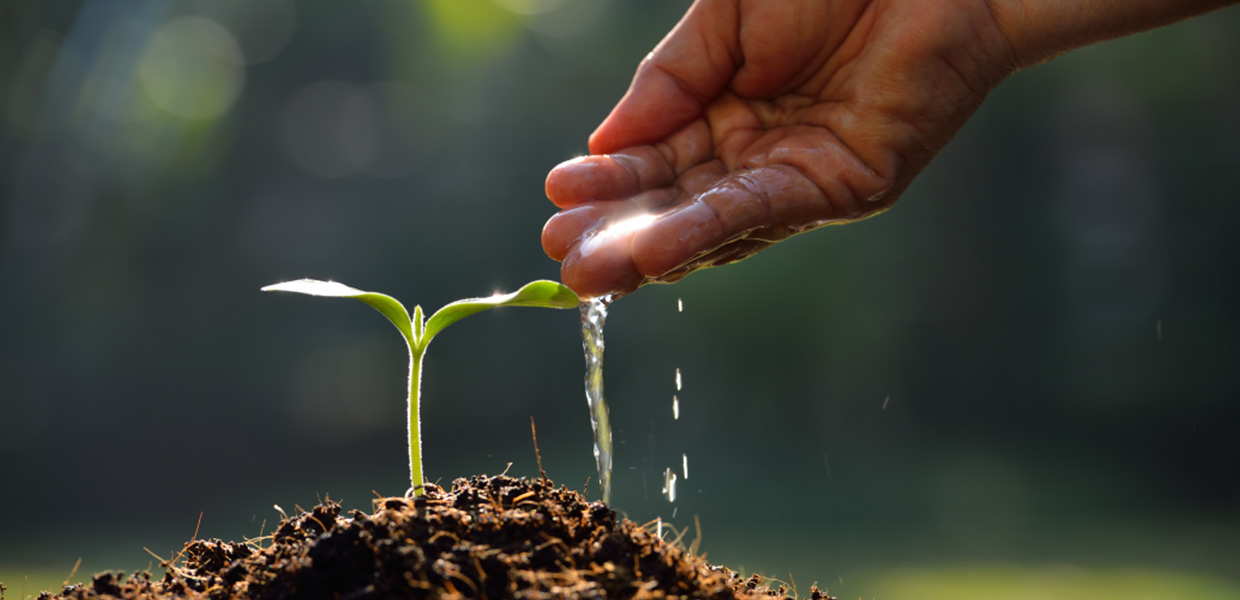
07.03.23
Sadaqah Jariyah
What is Sadaqah Jariyah in Islam?
Sadaqah Jariyah is an ongoing charity. It is one of the most rewarding deeds we can do in our lives, as it is a gift that not only benefits others in this life. It also benefits us and our loved ones in the next, as we can gain rewards for it both while we are alive and after we have passed.
For the Prophet Muhammad (ﷺ) said:
“When a person dies, all their deeds end except three: a continuing charity, beneficial knowledge and a child who prays for them.”
Sahih Muslim
What are the Benefits of Ongoing Charity?
Allah tells us in Surah Al-Baqarah that the reward of spending charity is like:
“A grain of corn which grows seven ears, and each ear has a hundred grains…”
Qur’an, 2:261
For example, water projects are one act of charity that keeps on giving, bringing more and more benefits and rewards to the receiver and giver. As a result, when a community has water, we see families grow food, healthy children attend school, clean hospitals and more!
Insha’Allah, when we provide water, we hope that these projects will remain sustainable. That they not only provide water in the present, but also for years to come. As well as provide beneficial knowledge for communities to pass on to future generations.
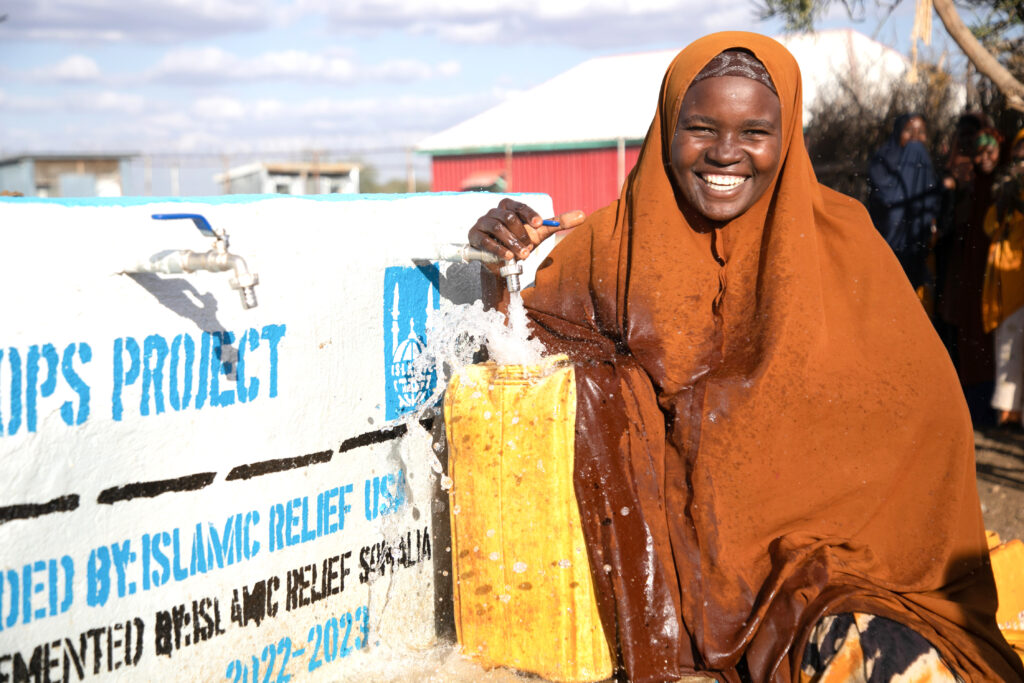
What is the difference between Sadaqah and Sadaqah Jariyah?
Sadaqah is an act of kindness that you donate. It can be anything from money to your time towards helping a cause.
Sadaqah Jariyah is a long-term kindness that accumulates ongoing rewards from Allah (SWT). For example, when someone decides to build a well, Allah (SWT) rewards them for the act. But He also rewards the believer who carried out that good deed each time someone or something uses or drinks from the well, even after their death. By giving Sadaqah Jariyah you can accrue rewards from Allah (SWT) beyond your lifetime.
Other examples include teaching someone an ayah of the Qur’an, or supporting our sustainable water projects, like drip irrigation systems, to ensure that families are able to grow crops for years to come.
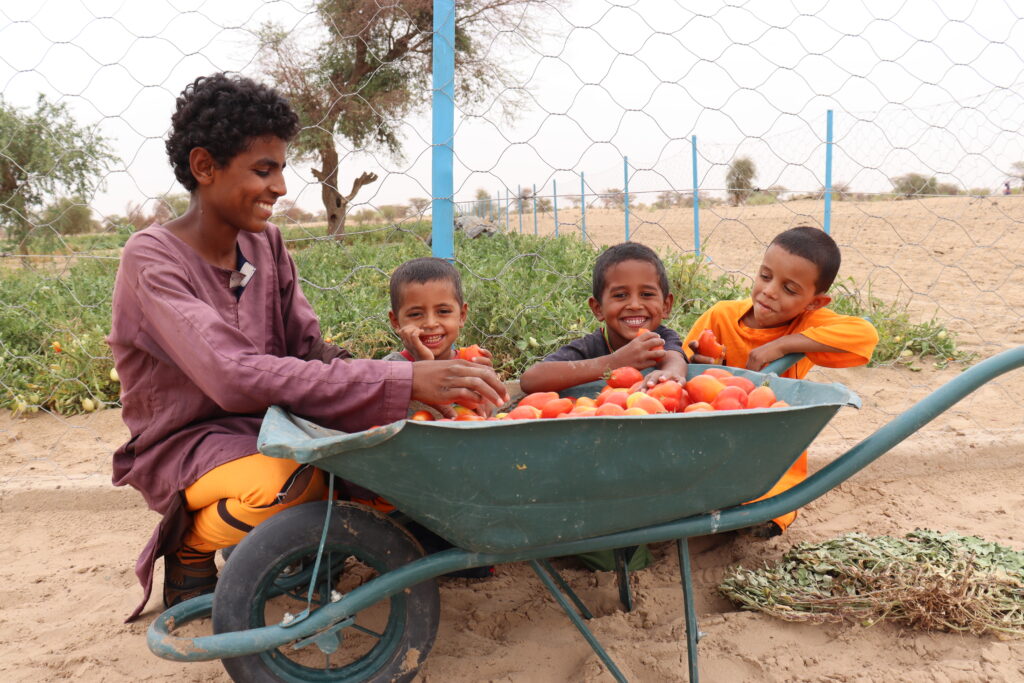
Why do Muslims give Ongoing Charity?
Helping those who are less fortunate is an important aspect of the Islamic faith. Muslims give Sadaqah Jariyah because it helps our sisters and brothers in humanity, and in doing so, we gain the reward of Allah (SWT). Muslims are encouraged to give Sadaqah Jariyah for as long as the donation continues to benefit others. The donor will reap the reward of it, whatever it may be. This could last beyond the donor’s lifetime, and potentially even generations.
Examples of Sadaqah Jariyah
Sadaqah Jariyah is any form of ongoing charity (gesture or donation) that benefits others. Examples include:
- Teaching someone a valuable skill
- Building an institution of good, such as a mosque, school, hospital or orphanage
- Building a means of provision, such as a well
- Teaching someone valuable knowledge, through books, lessons etc.
- Planting a tree
- Creating farmland
- Creating a home or shelter for people or animals
- Inventing something of use for people or animals
How Islamic Relief uses your Sadaqah Jariyah donations
For many of the world’s most vulnerable, your Sadaqah Jariyah donations are a lifeline. When you provide this everlasting Sadaqah to Islamic Relief, you can change the future of an orphan in need, who, through your vital donations, is provided with a way home to food, shelter, an education, and a chance at a brighter future.
It can help provide sustainable long-term water provisions that can benefit individuals, families, and entire communities for many years to come.
Your donations can also provide livelihoods to thousands of people and communities, helping to break the poverty cycle and lifting individuals in need into wellbeing. Sadaqah Jariyah is what today’s international development sector calls ‘sustainable development’. Something Islam promoted over 1400 years ago. It encompasses the majority of the sustainable development programmes carried out by both Islamic Relief and other NGOs today.
Your Sadaqah Jariyah donations are simply transformative.
When should you give Sadaqah Jariyah?
At any time of the year you can give Sadaqah Jariyah. It is often common to give in the name of a loved one after their death or when ill to bless their record of good deeds in the next life without taking away from your good deeds either.
Good deeds undertaken in the months of Ramadan and Dhul Hijjah are also particularly special.
FAQs
-
Who is Sadaqah Jariyah given to?
Sadaqah Jariyah is used towards our global projects here at Islamic Relief. These are for the benefit of the poor and needy (both Muslim and non-Muslim).
-
Who benefits from Sadaqah Jariyah?
Sadaqah Jariyah is a beautiful act of charity because of the multitude of benefits inherent in the act.
It benefits the donor, who gains reward in this life and as long as the charity benefits others – this could be beyond their lifetime. Giving charity of any kind, is also known to enhance the wellbeing of human beings.
It also benefits those in need and beyond. For some, an act of Sadaqah Jariyah can provide immediate and long-lasting relief. It can impact and shape the lives and futures of individuals and communities, potentially for generations.
-
Can I give Sadaqah Jariyah on behalf of someone else?
Yes. Whether you wish to give on behalf of someone who is alive or has passed away, if you make the intention of doing it on their behalf, it will be accepted with the permission of Allah (SWT).
It also benefits those in need and beyond. For some, an act of Sadaqah Jariyah can provide immediate and long-lasting relief. It can impact and shape the lives and futures of individuals and communities, potentially for generations.
-
Can I give Sadaqah Jariyah to a mosque?
Sadaqah Jariyah can be given to a mosque. This includes in the form of assistance to construct buildings/services, provide educational materials, plant trees/gardens or any other long-term feature.
-
How many types of Sadaqah Jariyah are there?
There are limitless forms of Sadaqah Jariyah – our imagination is our limit! In short, as long as your project provides ongoing benefit to others, using halal sources/means.
-
What is the difference between Zakat and Sadaqah Jariyah?
Zakat is an obligatory charity for those who meet the threshold (Nisab), as ordained by Allah (SWT) in the Holy Qur’an. It can be used for both short-term and long-term purposes.
Sadaqah Jariyah is a voluntary form of charity that refers to ongoing charity only. -
Do I need to give Sadaqah Jariyah when something bad happens?
Whilst many people give Sadaqah Jariyah when something bad happens for example the death of a loved one (offering charity in their name), this is not a requirement. However, it does offer multiple blessings and can help with the grieving process. In addition, offering a memorial to a loved one and giving charity in Islam is important during happier, more prosperous times as a gesture of thanks to Allah (SWT).

